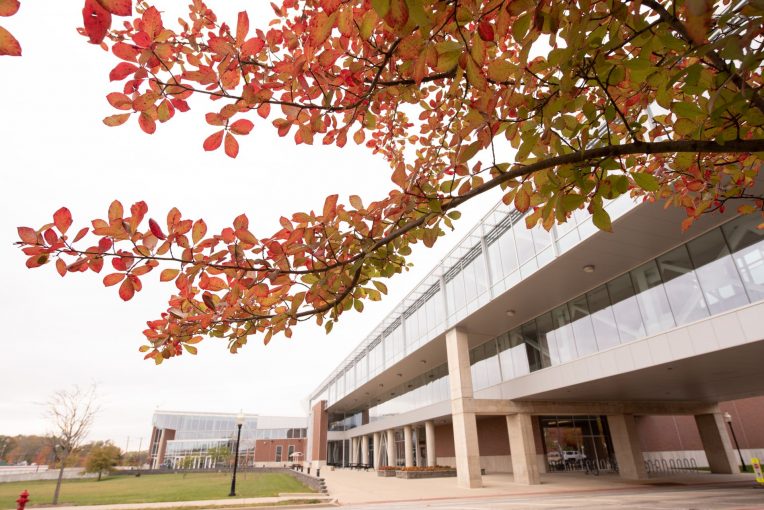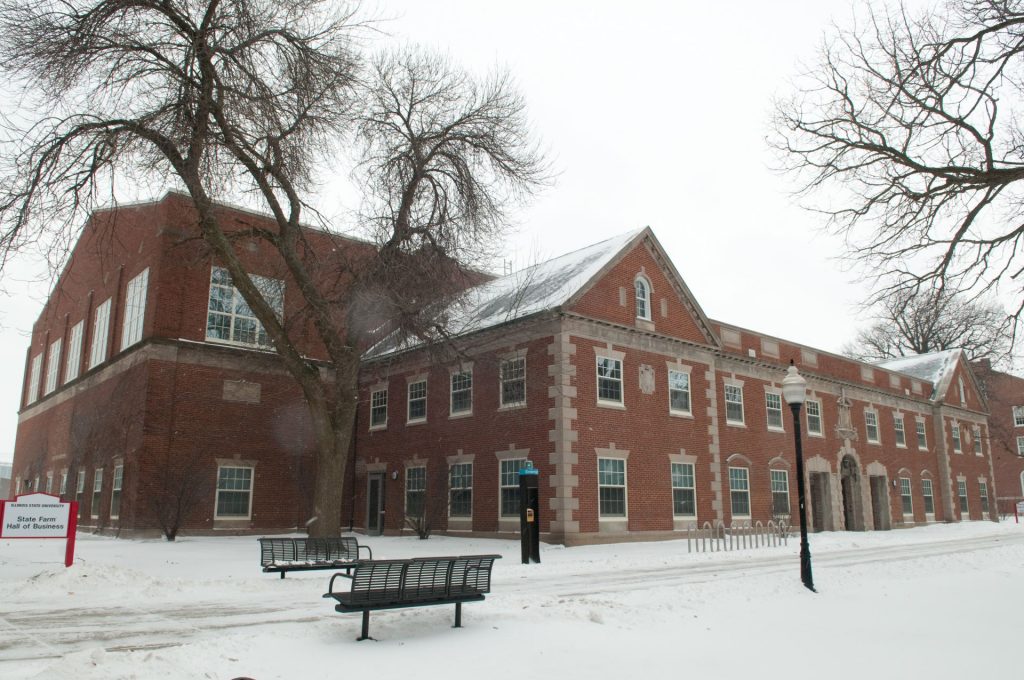Dr. Rachel E. Smith and the School of Kinesiology and Recreation have launched a new mentoring initiative to help prepare therapeutic recreation students for important milestones in their senior year—internships and the national certification exam. After the first year of the program, both mentors and mentees report great experiences in the program.
Smith conducted a regional survey of certified therapeutic recreation specialists to seek the involvement of practitioners in the professional development of Illinois State University students as they prepare for senior internships and begin studying for the national certification exam. Twenty-one practitioners were selected as mentors for the program.
Mentors represented the variety of settings in which recreational therapists work, from special recreation associations to Veterans Affairs hospitals, physical rehabilitation hospitals, adapted sports centers, schools, and behavioral health facilities. Students and mentors met in person, by telephone, or via Zoom based on availability and comfort level. The mentors helped review resumes and cover letters and completed mock interviews to prepare students for interviews for senior internships and jobs in the field of recreational therapy.
Alexander Dolgner, one of the mentees from this program, said he experienced amazing mentorship when he was paired with Tyler Neimeyer, of F.L.O.W. Recreation LLC in Indiana. “We did the mock interview and it was very casual, so I really enjoyed that,” Dolgner said. “Then he got me in contact with the head of the company. Being offered the job is obviously the best part of this experience.” After graduation, Dolgner plans to go to graduate school in Indiana, which is why Smith paired him with a mentor who is working in that area.
In addition to providing tips and tricks to prepare for their certification exam, mentors also provided students with valuable insight into the world of health care that is a part of recreational therapy. Kamryn Bucci who is a first-generation student mentee in the program said, “I think the best part was learning new things about what to expect in the field and in my internship. I feel like if I didn’t have this mentorship, I would be not as prepared as I am now. Plus, I’ve made a new connection in the field that I could always use to get help.”
Bucci’s mentor, Michelle Carson, said she enjoyed participating in the mentorship program. “I think Illinois State should keep it going,” Carson said. “It’s great for incoming students and future therapeutic recreation practitioners. I enjoyed giving mentees feedback and interviewing techniques that will be good practice for their careers.”
Upon conclusion of the first year of the mentorship program, it appears that both mentors and mentees were enriched by their experiences. The mentoring program exemplifies individualized attention and collaboration, which are core values at Illinois State University.


